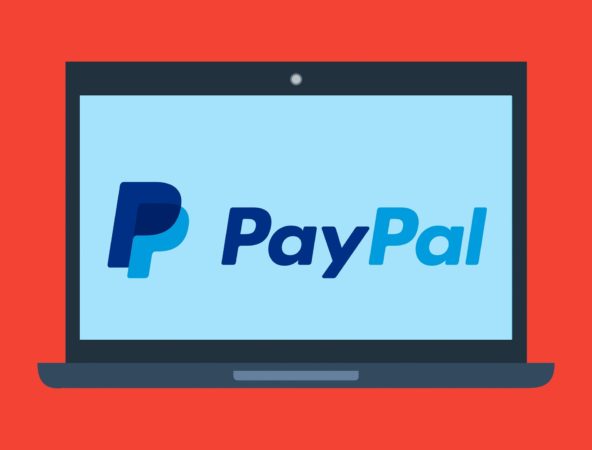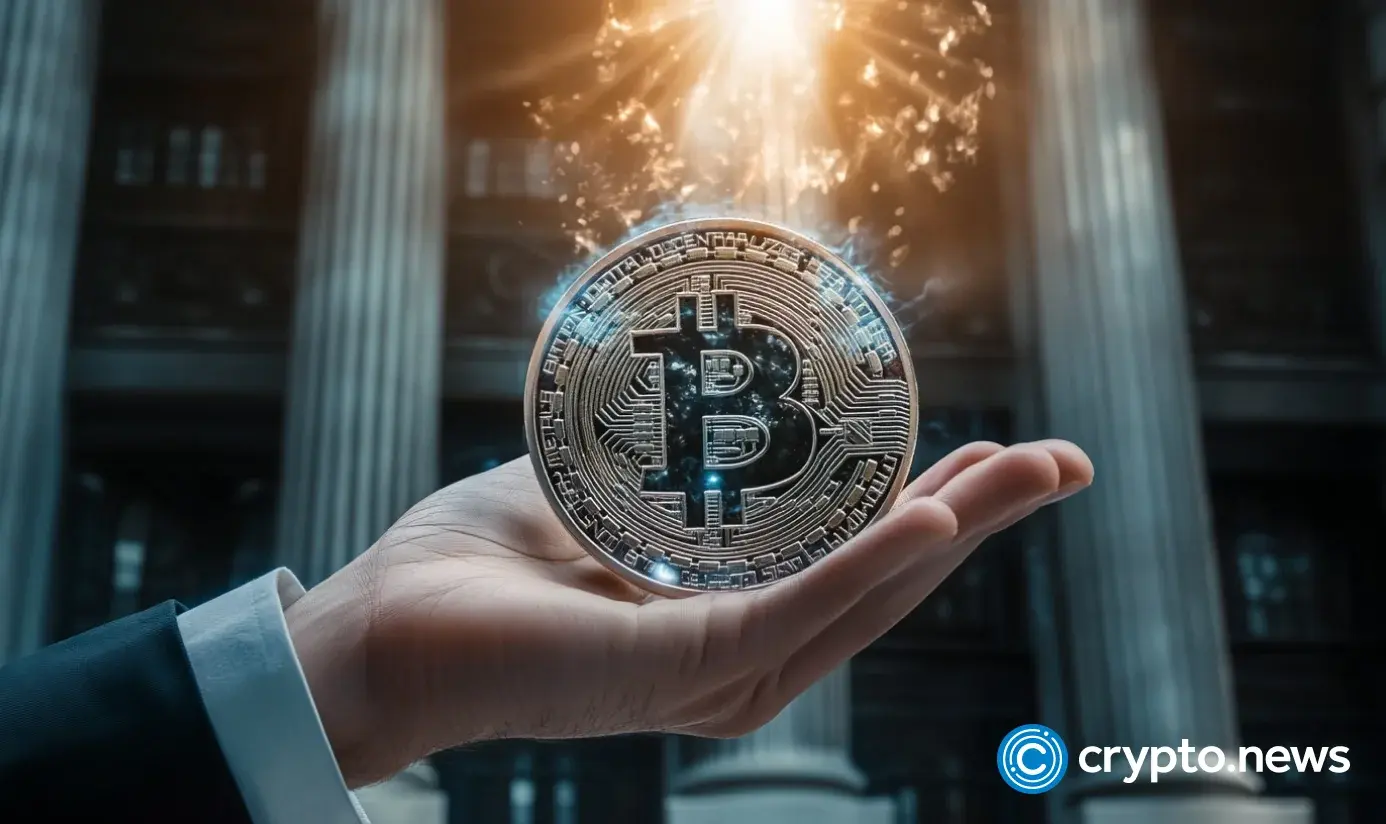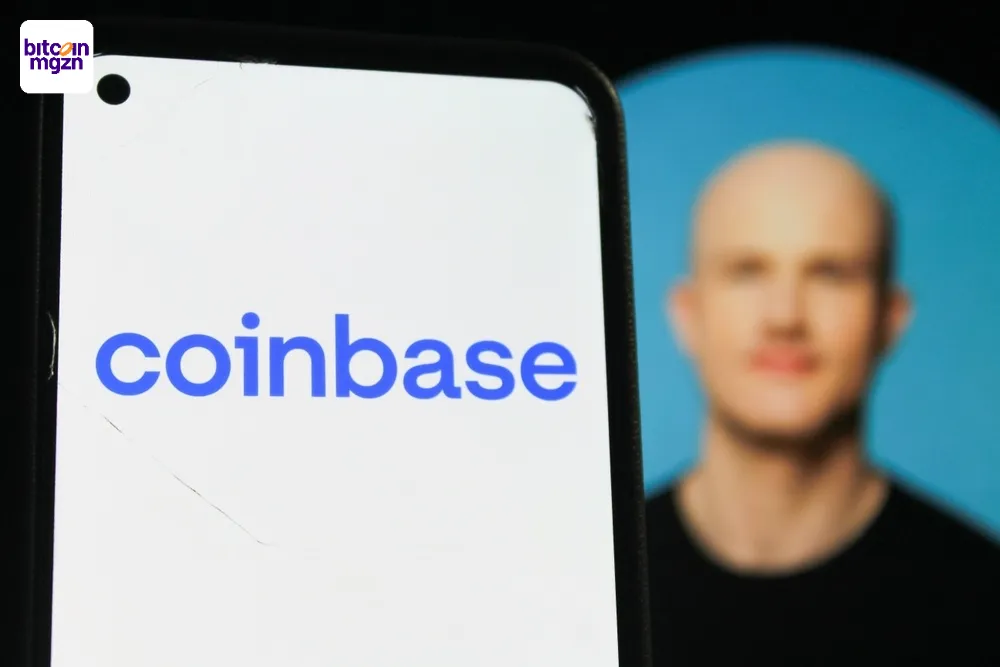“It’s a raid on American innovation that would deliver pennies to the Treasury while kneecapping the very engine of our economic and medical progress,” writes Pipes.
Getty Images
Washington is addicted to taxing success. Now, Commerce Secretary Howard Lutnick is floating a plan to skim half the patent earnings from inventions developed at universities with federal funding. It’s being sold as a way to shore up programs like Social Security. In reality, it’s a raid on American innovation that would deliver pennies to the Treasury while kneecapping the very engine of our economic and medical progress.
Yes, taxpayer dollars support early-stage research. But the real payoff comes later—in the jobs created, cures discovered, and industries launched when universities and private industry turn those discoveries into real products.
By comparison, the sums at stake in patent licensing are trivial. Universities collectively earn only about $3.6 billion annually in patent income—less than the federal government spends on Social Security in a single day. Even confiscating half would barely register against a $6 trillion federal budget.
And yet the damage from such a policy would be anything but trivial. The true return on taxpayer investment isn’t in licensing checks sent to Washington, but in the downstream economic activity that federally supported research unleashes.
Thanks to the bipartisan Bayh-Dole Act of 1980, universities and private industry have powerful incentives to translate early-stage discoveries into real-world products. Before Bayh-Dole, the government hoarded patents from federally funded research, and fewer than 5% were ever licensed. Once universities could own and license their own inventions, innovation exploded.
The result has been one of the best returns on investment in government history. Since 1996, university research has added nearly $2 trillion to U.S. industrial output, supported 6.5 million jobs, and launched more than 19,000 startups. Those companies pay corporate and payroll taxes, their employees pay income taxes, and their investors pay capital gains taxes—far more than Washington would ever collect through patent royalties.
And the benefits aren’t just economic. Breakthroughs in quantum computing, advanced displays, and even Google’s original search algorithm came from the Bayh-Dole pipeline. More than 200 lifesaving medicines and vaccines trace back to university patents commercialized under Bayh-Dole—including treatments for cancer, multiple sclerosis, and AIDS. That’s not “zero” return for taxpayers. It’s an extraordinary bargain.
Nor do universities pocket their licensing income. Under Bayh-Dole, they must share royalties with inventors, use some of that income to cover the costs of patenting and technology licensing, and then invest the remainder back into education and research—fueling the next cycle of discovery.
By contrast, if Washington grabs universities’ licensing revenue, research institutions will have less incentive to push discoveries toward commercialization. Entrepreneurs and venture capitalists—already wary of risky academic inventions—will think twice before investing in technologies where the government is waiting to skim off the top.
That would push taxpayers’ ROI far closer to zero—zero startups, zero new industries, and zero lifesaving medicines.
America leads the world in innovation because we reward risk-taking and partnership between academia and industry. Undermining Bayh-Dole to scrape together a billion or two in revenue would be penny-wise and pound-foolish.
If we want to keep America the world’s medicine chest and technology leader, policymakers should double down on what works—not dismantle one of the most successful public-private partnerships in our nation’s history.
Source: https://www.forbes.com/sites/sallypipes/2025/09/17/cashing-in-on-university-patents-means-giving-up-on-our-innovation-future/


